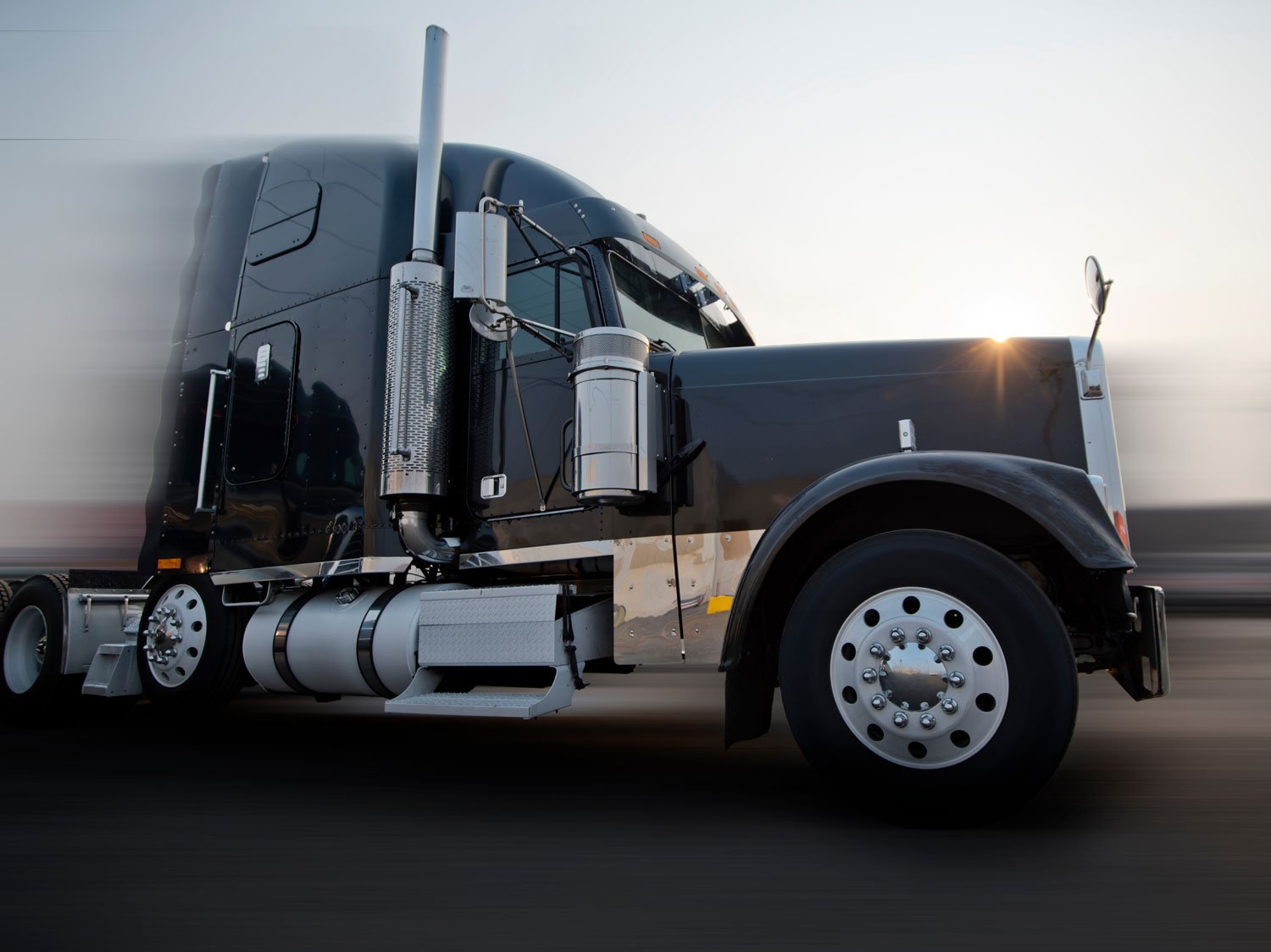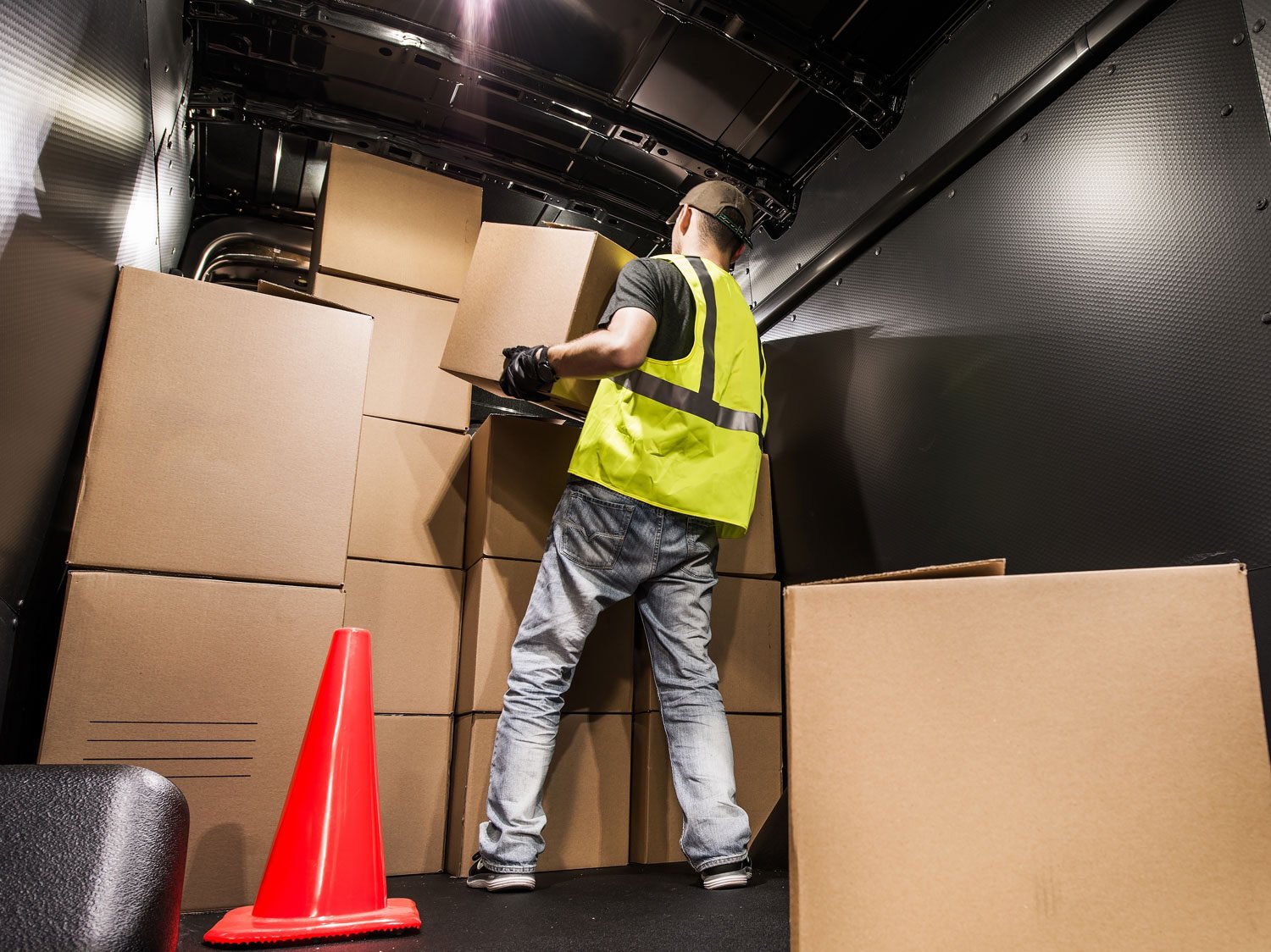Expedited truckload plays a vital role in the logistics and transportation industry, ensuring that goods are delivered efficiently and reliably across the supply chain.
What is Expedited Truckload?
Expedited truckload (ETL) shipping refers to the process of transporting large shipments via a dedicated truck that prioritizes speed and efficiency. In this service, a truck is dispatched specifically for your shipment, ensuring that it is not delayed by other deliveries. Unlike traditional truckload shipping, where multiple shipments may be combined in a single truck, ETL guarantees that your goods are the sole focus of the truck throughout the journey.
Expedited truckload services are often used for time-sensitive shipments that require faster delivery than standard freight options can provide. This type of shipping typically involves a direct route with minimal stops, ensuring the fastest possible transit time.
TALK TO AN EXPEDITOR NOW
Get a Quote in Minutes for Your Time-Critical Freight Needs
Expedited Truckload Advantages
Expedited truckload shipping offers numerous advantages for businesses, particularly those that rely on fast, secure, and efficient delivery of goods. One of the key benefits is the speed of delivery. With a dedicated truck solely for your shipment, your cargo travels directly to its destination, reducing transit time and ensuring that time-sensitive products reach their destination quickly. This is especially crucial for industries dealing with critical components, perishable goods, or products that must meet tight deadlines. As a result, businesses can maintain smooth operations, avoid costly delays, and keep their customers satisfied with on-time deliveries.
Additionally, expedited truckload shipping offers businesses greater control over their shipments. Since the truck is exclusively dedicated to your freight, you can monitor and manage the delivery process more closely. This means fewer handling risks, reduced potential for damage, and better predictability when it comes to delivery timelines. For businesses shipping high-value or sensitive goods, this control and predictability are invaluable. Ultimately, the advantages of expedited truckload shipping help businesses improve operational efficiency, reduce risk, and gain a competitive edge in industries where fast and reliable delivery is essential.
Truckload Shipping Methods
Truckload shipping offers a range of methods to suit different freight sizes, budgets, and delivery timelines, with Full Truckload (FTL), Less Than Truckload (LTL), and Partial Truckload (PTL) being the most common options. FTL shipping is ideal for large shipments that occupy the entire truck, ensuring a direct route from the pickup location to the destination. LTL shipping, on the other hand, consolidates smaller shipments from multiple shippers into a single truck, reducing costs by sharing space and resources. For shipments that don’t require a full truck but are too large for LTL, PTL shipping offers a middle ground.

When Should You Use Expedited Truckload Shipping?
Expedited truckload shipping is an ideal choice in various situations. For time-sensitive shipments, such as critical parts for manufacturing or medical equipment, ETL ensures fast delivery, meeting tight deadlines with minimal delays. It’s also a great option for shipping high-value or sensitive goods that require careful handling.
If you’re transporting perishable items or products that need temperature regulation, ETL offers a reliable way to ensure your goods stay safe and arrive on time. For heavy or bulky freight that won’t fit into smaller vehicles, expedited truckload provides a dedicated truck to handle the load efficiently. Finally, when dealing with palletized freight that needs to move quickly, ETL guarantees a smooth and streamlined shipping process.

How Does Expedited Truckload Shipping Work?
Expedited truckload shipping follows a process similar to traditional truckload shipping, with a focus on speed and efficiency. First, you collaborate with a logistics provider to arrange the shipment, providing all the necessary details such as pickup and delivery locations, cargo specifications, and delivery deadlines. The logistics provider then plans the most efficient route, ensuring minimal delays and the fastest possible transit time. Once the route is determined, your goods are loaded onto a dedicated truck, which will carry only your shipment, avoiding any delays from other deliveries. The truck then travels directly to the destination with limited stops, ensuring a quicker delivery than standard shipping methods. Upon arrival, you will receive confirmation of the delivery, often accompanied by tracking updates throughout the journey.

Things to Consider Before Opting for Expedited Truckload Shipping
Before opting for expedited truckload shipping, it’s important to consider several factors to ensure it’s the right choice for your needs. First, be aware that expedited services are generally more expensive than standard shipping methods. The cost reflects the speed, dedicated truck, and priority service, so you should weigh the urgency of your shipment against the associated costs. Additionally, expedited truckload services may not always be available depending on the type of equipment required, such as refrigerated trucks or flatbeds. It’s crucial to confirm with the logistics provider that they can meet your specific requirements. While ETL offers faster transit times, some locations, particularly remote or hard-to-access areas, may pose route limitations. Make sure your provider is equipped to handle these challenges. Furthermore, expedited truckload services are most suitable for large shipments, so if your freight doesn’t fill an entire truck, considering less-than-truckload (LTL) shipping may be a better option. Lastly, keep in mind that during peak seasons, such as holidays, demand for expedited services increases, potentially driving up costs and causing delays. Planning ahead during these busy periods can help prevent any issues.

Industries That Rely on Truckload Shipping

Manufacturing
The manufacturing industry depends on truckload shipping to transport raw materials to production facilities and finished goods to distributors or retailers. Large shipments of components, machinery, or bulk products are typically transported via FTL to minimize delays and ensure just-in-time delivery. For manufacturers, reliable transportation is critical to maintaining production schedules and meeting customer demands. Partial Truckload (PTL) is also a popular choice for mid-sized shipments that don’t require a full truck but need timely delivery to avoid supply chain disruptions.
Retail and E-Commerce
Retailers and e-commerce businesses rely on truckload shipping to restock inventory, fulfill orders, and meet seasonal demand spikes. With the growing need for expedited transportation and same-day delivery, truckload shipping ensures goods reach distribution centers and customers quickly. LTL is often used for smaller shipments to various retail locations, while FTL is ideal for bulk inventory replenishments. For e-commerce companies, the ability to offer fast and reliable delivery is a key competitive advantage, making truckload shipping a vital part of their logistics strategy.
Food and Beverage
The food and beverage industry relies on temperature-controlled truckload shipping to move perishable goods, such as fresh produce, dairy, and frozen foods. FTL is often the preferred method, as it allows for direct, climate-regulated transportation, minimizing the risk of spoilage. The industry’s reliance on hot shot trucking and other expedited services is critical during peak seasons or when handling time-sensitive shipments. The ability to maintain product quality and meet stringent delivery timelines makes truckload shipping indispensable for food and beverage logistics.
Healthcare and Pharmaceuticals
Healthcare and pharmaceutical companies depend on truckload shipping to transport medical supplies, equipment, and temperature-sensitive medications. Expedited freight services, such as rapid trucking, are essential to meet tight delivery schedules and support critical operations, such as hospitals and research labs. FTL is frequently used for high-value or sensitive goods that require minimal handling and direct routes. Advanced tracking technology in truckload shipping also ensures compliance with regulatory requirements and provides visibility throughout the shipment process.
Construction
The construction industry relies heavily on truckload shipping to transport materials like steel, lumber, cement, and heavy equipment to job sites. FTL is often necessary for large, bulky shipments that require specialized trucks or handling. Timely delivery is crucial to keeping construction projects on schedule, and PTL is sometimes used for mid-sized shipments of tools or smaller building materials. The flexibility of truckload shipping ensures that the right materials arrive when and where they are needed, reducing downtime and increasing project efficiency.
Factors That Affect Truckload Shipping Rates
Shipping rates in truckload logistics are influenced by a variety of factors that impact costs directly or indirectly. Understanding these variables can help businesses optimize their shipping strategy and budget effectively. Below is a detailed breakdown of the key factors that affect truckload shipping rates:

